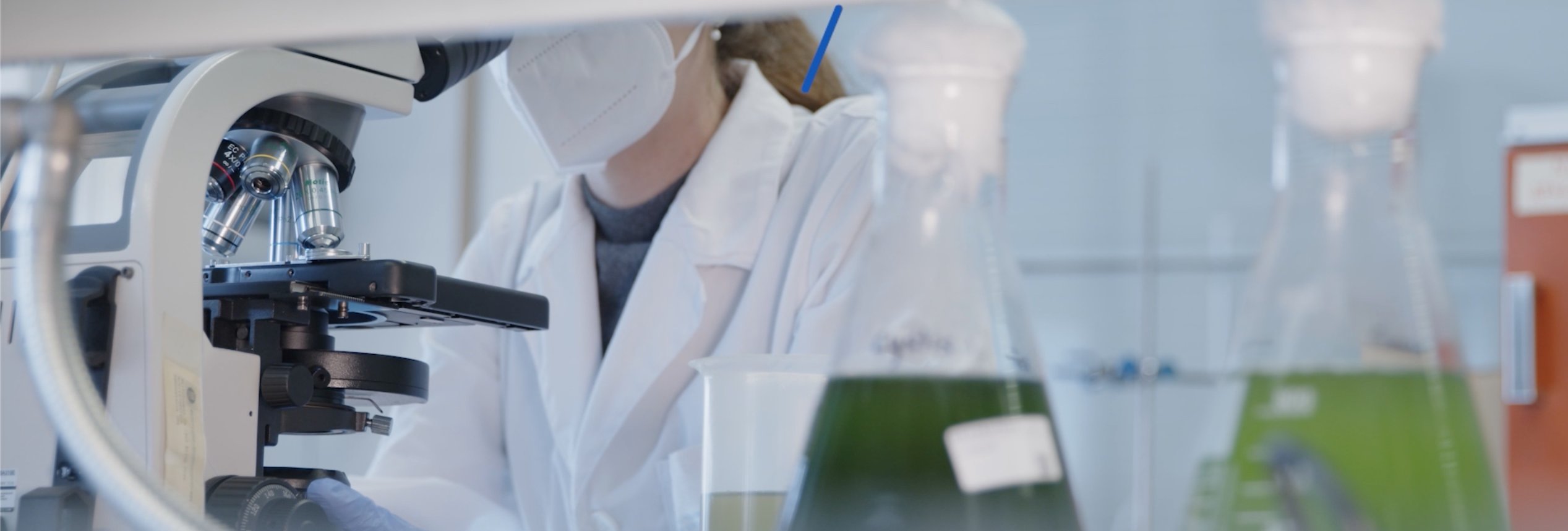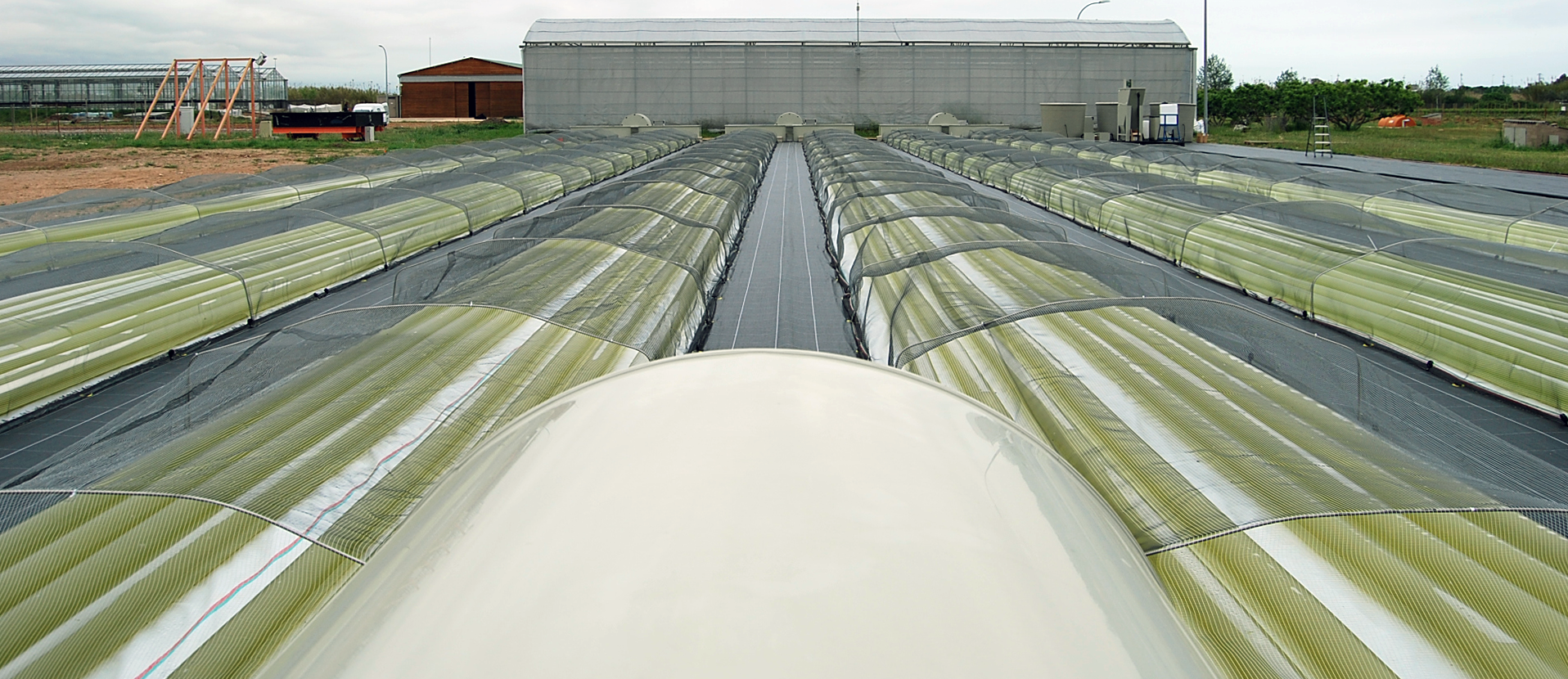Research

Research
Research activities of GEMMA have covered a wide range of aspects, including: the influence of design parameters on the removal of pollutants from wastewater and sludge, pollutants degradation pathways, micropollutants and emerging pollutants removal in natural wastewater treatment systems, the role of microfauna in decontamination processes, biogas production in low-cost anaerobic digesters, greenhouse gases emissions from wastewater and sludge treatment facilities, economic and environmental assessment of biotechnologies and bioprocess modeling.
Research Lines

We study natural systems for wastewater and sludge treatment. These are sustainable technologies and low-cost bioprocesses that do not require energy for operation. They include ecotechnologies like constructed wetlands and microalgae treatment systems. The main purpose of our research is to understand the mechanisms of pollutants removal in order to improve the design, construction and operation of these systems. This is a research activity in which we develop from fundamental research up to very high TRL, including the assessment for project development, construction and operation. We also study other nature-based solutions to address other critical challenges such as flooding, drought and climate change by considering the three pillars: environmental, social and economic.
Resource recovery from waste streams using microalgae biomass to generate bioproducts and energy

This research topic combines wastewater treatment, bioenergy production (energy from wastewater) and bioproducts generation (bioplastics, biofertilizers, biostimulants, pigments). Wastewater treatment occurs by means of algae biomass which is subsequently harvested for bioproduct extraction and biogas generation in anaerobic digesters. Microalgae grow by assimilation of inorganic carbon generated through heterotrophic degradation of organic matter in wastewater, carried out by bacteria using oxygen released through algal photosynthesis.

Low-tech anaerobic digesters can replace traditional biomass resources for cooking in rural communities of low-incomecountries, improving the living conditions of rural households and protecting the environment. In the context of self-sufficient farming, the biodigester is used to treat organic wastes, producing an organic fertilizer that can enhance crop yields, and biogas that can be used for cooking replacing wood or fossil fuels. Our research aims at designing and implementing low-tech digesters in rural areas of Latin America. A special focus is also given to enhancing digestate quality for its reuse in agriculture.. As members of the Latin America and Caribbean Biodigesters Network (RedBioLAC), we collaborate with other member institutions.
Microbial fuell cells in cronstructed wetlands

Constructed wetlands are a reliable alternative and low cost technologies for wastewater treatment. Moreover, microbial fuel cells represent a novel technology that allows the production of energy from the electrons remaining in the reduced organic matter present in wastewater. In constructed wetlands redox gradients are sufficiently marked as to implement microbial fuel cells to produce electricity during wastewater treatment. In addition, microbial fuel cells implementation in constructed wetlands, not only may produce electricity for wastewater treatment, but also reduce greenhouse gas emissions. The main aim of the research topic is to quantify the potential of this technology and optimize the design criteria and operation of constructed wetlands.
Mathematical modelling of bioprocesses

The main objective is to improve the knowledge of the contaminant removal processes that take place in wastewater treatment systems by using numerical models. These models are useful tools for the design and operation wastewater treatment systems. We apply these models for other engineering problems including drinking water treatment and storage. The group has developed an innovative numerical model for constructed wetland based named BIO_PORE. Also we have a model for simulations of microalgae cultures named BIO_ALGAE. We share these models by demand with other colleagues for purposes of research.

Share: